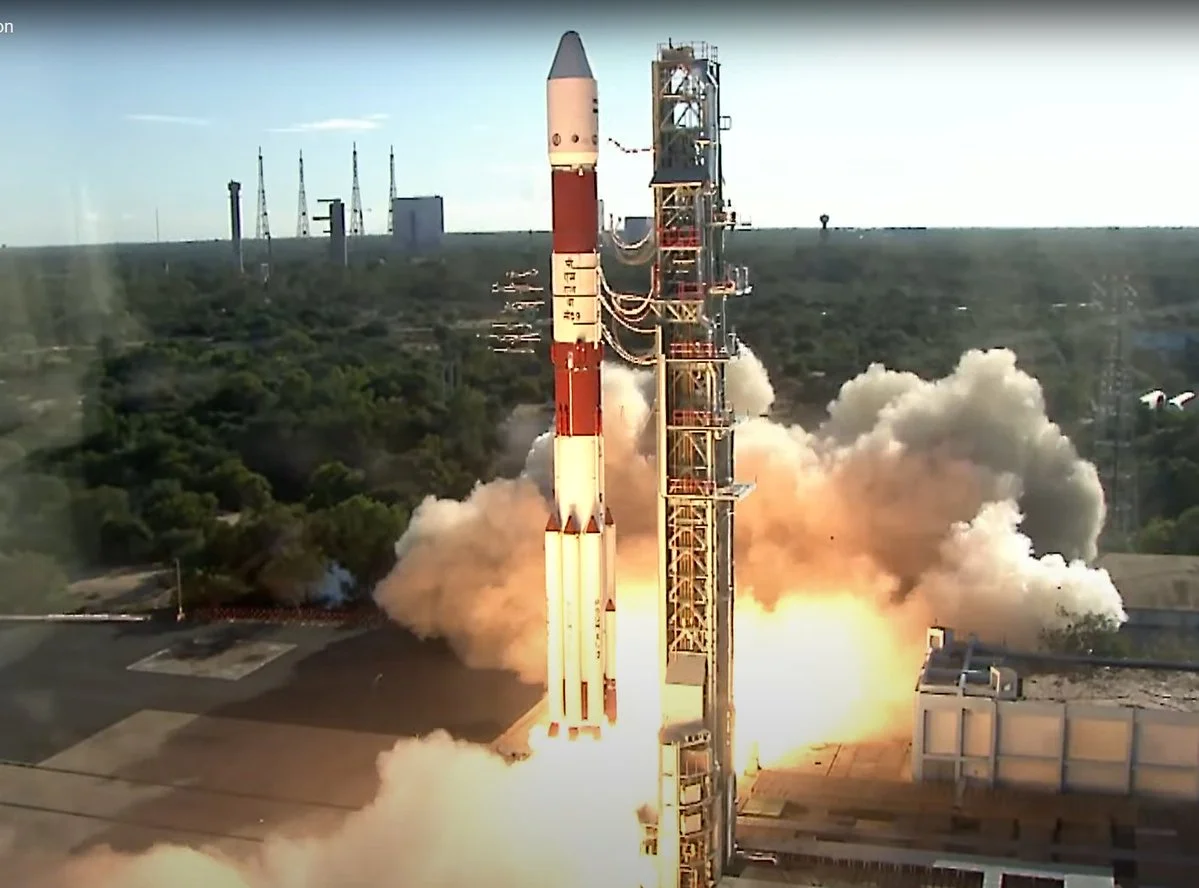The European Space Agency (ESA) and the Indian Space Research Organisation (ISRO) successfully launched the Proba-3 mission aboard a PSLV-XL rocket from the Satish Dhawan Space Center in Sriharikota, Andhra Pradesh, at 4:04 pm on Thursday, December 5. The spacecraft had been integrated with the rocket in November, and the launch was rescheduled from December 4 after a technical anomaly delayed liftoff.
ISRO celebrated the launch on X, describing the mission as a reflection of the dedication of NSIL, ISRO, and ESA teams. The agency highlighted India’s role in advancing global space cooperation and emphasized the importance of international partnerships.
Proba-3 is designed to study the solar corona by creating the first-ever artificial solar eclipse. The mission involves two spacecraft flying in precise formation to block the Sun’s light and allow instruments to capture detailed observations of the corona. Achieving this level of coordinated flight demonstrates both ESA and ISRO’s technical capabilities.
Beyond its scientific goals, the mission is seen as a milestone in global collaboration. For India, it strengthens its role in joint space projects and builds momentum as ISRO prepares for upcoming missions including the human spaceflight program Gaganyaan, the Chandrayaan-4 lunar mission, and the planned Bharatiya Antariksh Station.
The success of Proba-3 is expected to inspire scientists and engineers in India while opening the door to more international partnerships, reinforcing the country’s growing presence in space exploration.

